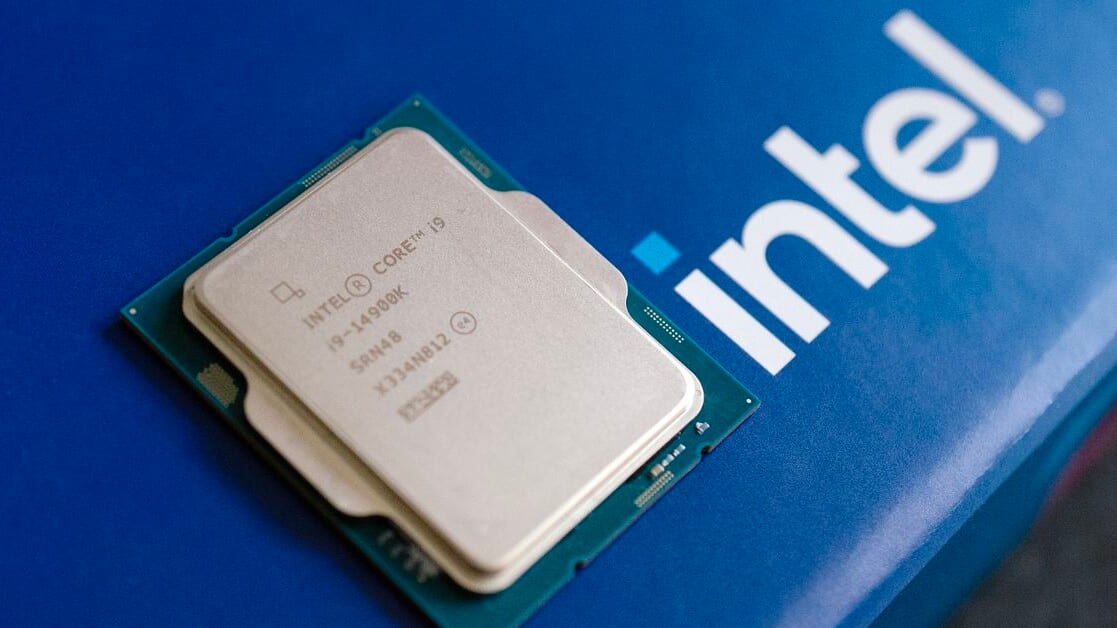
Do Intel's crashing Core i9 CPUs finally have a fix?
What's the story
Intel's 13th and 14th Gen Raptor Lake desktop processors, which have been experiencing crashing issues, are now receiving BIOS updates from ASUS and MSI. These updates include Intel's new microcode, designed to address the instability issues plaguing these processors. The new patches should be able to prevent CPU wear and stabilize performance. However, they will not repair CPUs that have already been damaged.
Update limitations
There was no true fix initially
The BIOS updates are a significant development for Intel, following reputational damage caused by the discovery of its flagship chips crashing earlier this year. The company had to admit that there was no true fix for the issue, necessitating the replacement of any damaged chips by customers, and extending the warranty of crash-prone CPUs by two years.
Update availability
ASUS and MSI release BIOS updates
ASUS has released its beta BIOS updates via its ROG forums for a range of Z790 motherboards. These updates are typically posted on ASUS' support pages a few days after their initial release on the ROG forums. MSI's BIOS updates can be accessed on the individual support pages for its motherboards, including models such as MEG Z790 GODLIKE, MPG Z790 EDGE WIFI, and PRO Z790-A WIFI among others.
Installation urgency
Urgent call for users to install updates
Despite the usual caution against using beta BIOS updates, it is recommended that users install these updates as soon as possible due to their addressing an "elevated operating voltages" issue. This is particularly crucial for i9 users. For those using a board other than MSI and ASUS or if the microcode BIOS update isn't available for their specific motherboard currently, it is advised to ensure they are on the latest BIOS update.
Performance assurance
Intel assures no performance loss
Intel has reportedly stated that these BIOS updates should not result in any performance loss. Reviewers are preparing to test Intel's latest microcode to confirm there are no significant changes for its 13th and 14th Gen chips. However, the company is yet to provide a tool for testing existing machines for any processor degradation.